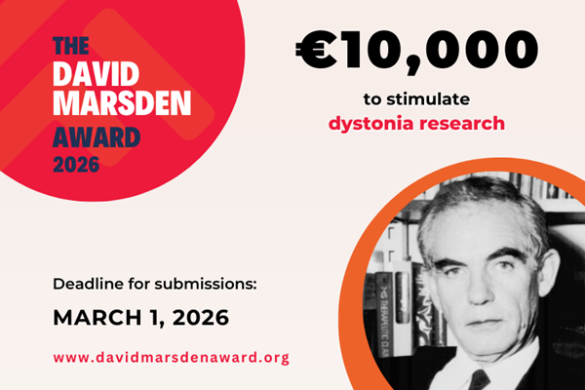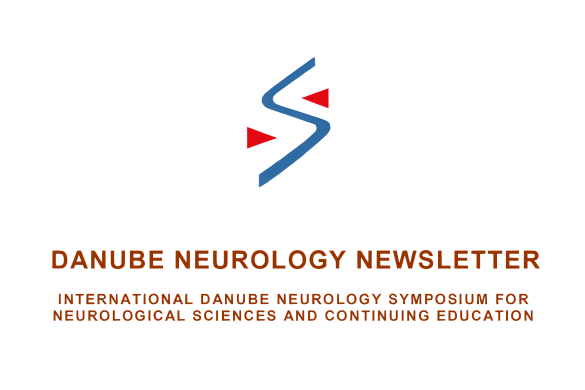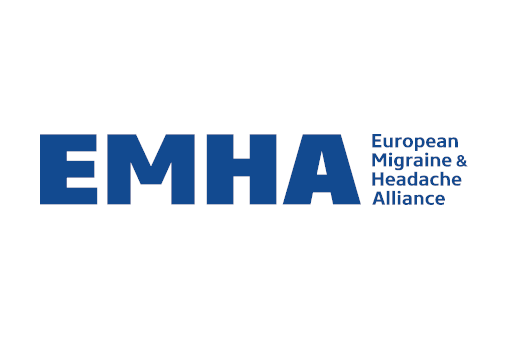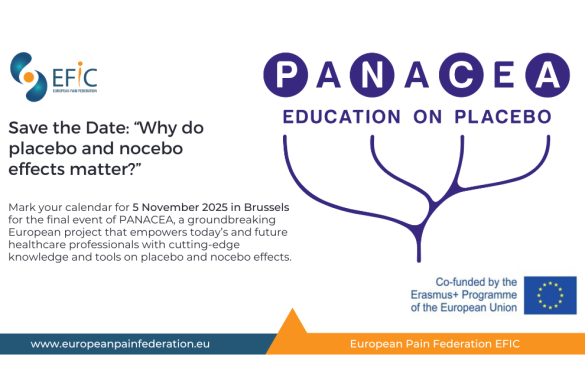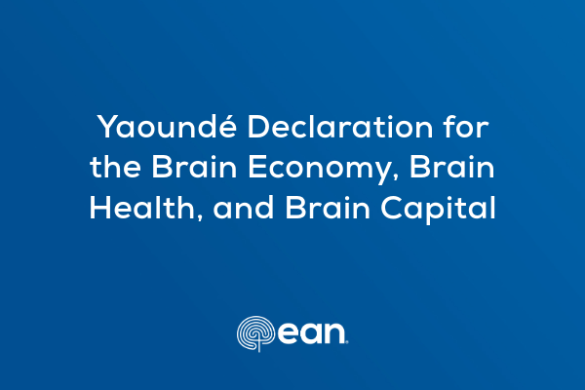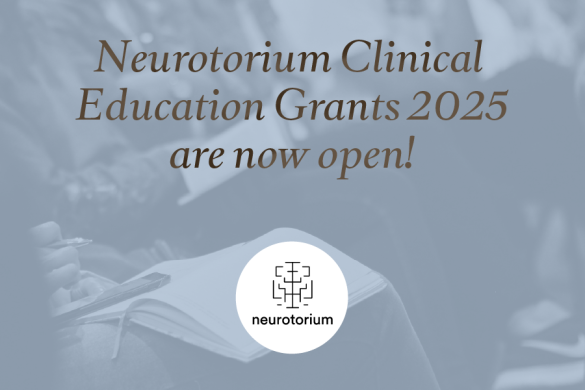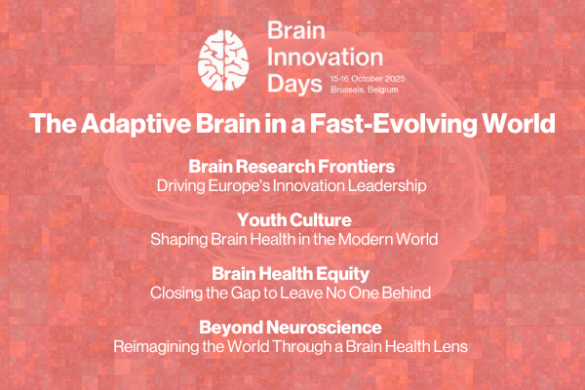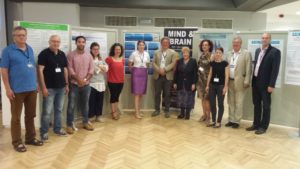
The International Neuropsychiatric Pula Congress is the scientific conference with the longest tradition in our part of the world. This year it was organized under the auspices of the Croatian President, Mrs. Kolinda Grabar-Kitarovic, the co-organization of the Department of Medical Sciences of the Croatian Academy of Sciences and Arts, and with the endorsement of the World Federation of Neurology (WFN), the European Academy of Neurology (EAN) and the European Psychiatric Association (EPA), the International Institute for brain health, the Central and the Eastern European Stroke Society (CEESS) and the Board of Trustees of the Congress. This year, the Congress was completely re-structured and re-branded; starting with the title (Mind & Brain), through the content of the main theme, to the content of the educational symposia and workshops. The three main themes: Neuropsychoanalysis, Neuroinflammation and Neurodegeneration, Neurorepair clearly showed common subjects, similarities and differences, achievements and possible restrictions of both specialties – neurology and psychiatry, as well as the need for a multidisciplinary approach.
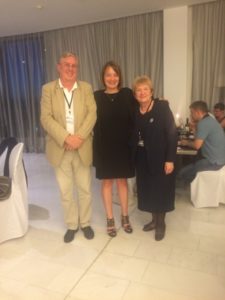
We would like to emphasize the importance and strength of our lecturers. Prof. Mark Solms, founder of Neuropsychoanalysis, a discipline that unified Sigmund Freud’s teaching and neuroscientific methods for presentation of the brain (neuroimaging) as a separate discipline, held a very interesting lecture about the importance of dreams in the mental life of man, with the presentation of the activities of particular parts of the brain. In the second lecture, he showed the importance of instinct (Id), also in relation to the activities of parts of the brain, and held a series of workshops with colleagues interested in psychoanalysis.
Before the start of the main topics, prof. Asim Kurjak held an impressive and brilliant documented lecture, showed the importance of KANET test in the evaluation of fetal brain development and disorders.
In the second main theme, Neuroinflammation and Neurodegeneration, an extremely important lecture was given by Prof. Franz Fazekas, Vice President of EAN and the author of MRI criteria for assessing multiple sclerosis. Prof. Nenad Bogdanovic, acting chairman of the Memory Clinic at the University of Oslo and in Stockholm, presented a significant new theory in Alzheimer’s disease. Prof. Valeria Caso, president of the European Organization for stroke (ESO), has shown the importance of inflammatory parameters in cerebral hemorrhage. Prof. Karl Bechter from Ulm, prof.Francesco Benedetti from Milan and prof. Norbert Mueller from Munich spoke about inflammatory changes in psychiatric illness, the necessary analysis of the cerebrospinal fluid and the possible application of adequate therapy. Prof. Zdravko Lackovic from the University of Zagreb presented his research on neurogenic inflammation of the meninges as a reaction to pain in the innervation area of the trigeminal nerve.
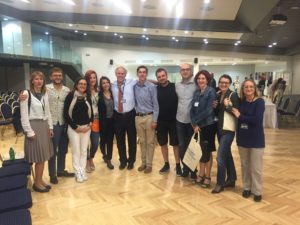
In the third main theme – Neurorepair, prof. Srećko Gajović from the University of Zagreb, presented the basic features of his project Glow Brain. Prof. Vida Demarin spoke about the importance of the mechanism of neuroplasticity of the brain in neurodegenerative diseases. Dr. Robert Gan showed the results of research about the use of NeurAid in stroke recovery and Alzheimer’s disease. Prof. Vesna Seric stressed the importance of diagnosis and treatment of spasticity after stroke. Psychology professor Tomislav Pučić from Osijek spoke about the importance of Neurofeedbeck in the treatment of neurological disorders. Ass. Prof. Vlatka Vuletić held an interesting lecture about DBS and its relation to neuroprotection.
There were several thematic symposia (Treatment of depression in Croatia, Interface providers in neurorehabilitation, Epilepsy Symposium, Cerebral and spinal malformations), and the 5. European Psychopathology Summer School. In the poster session, the three best neurology posters and the three best psychiatry posters have been awarded.
The topics of the next Congress have been discussed at the meeting of the Board of Trustees. The importance of the Congress in the promotion of the latest achievements of both neurology and psychiatry, their similarities and differences and the common way of understanding the brain and the mind and their interactions has been highlighted.




